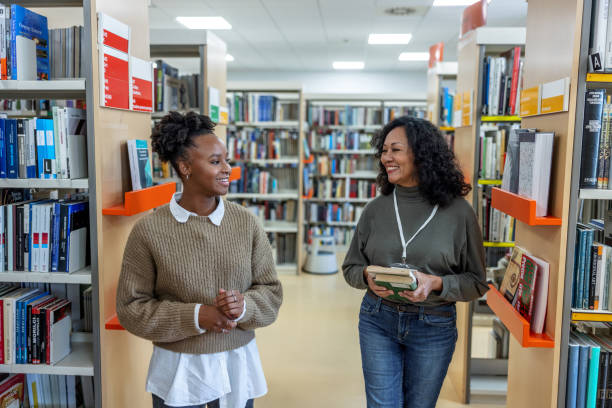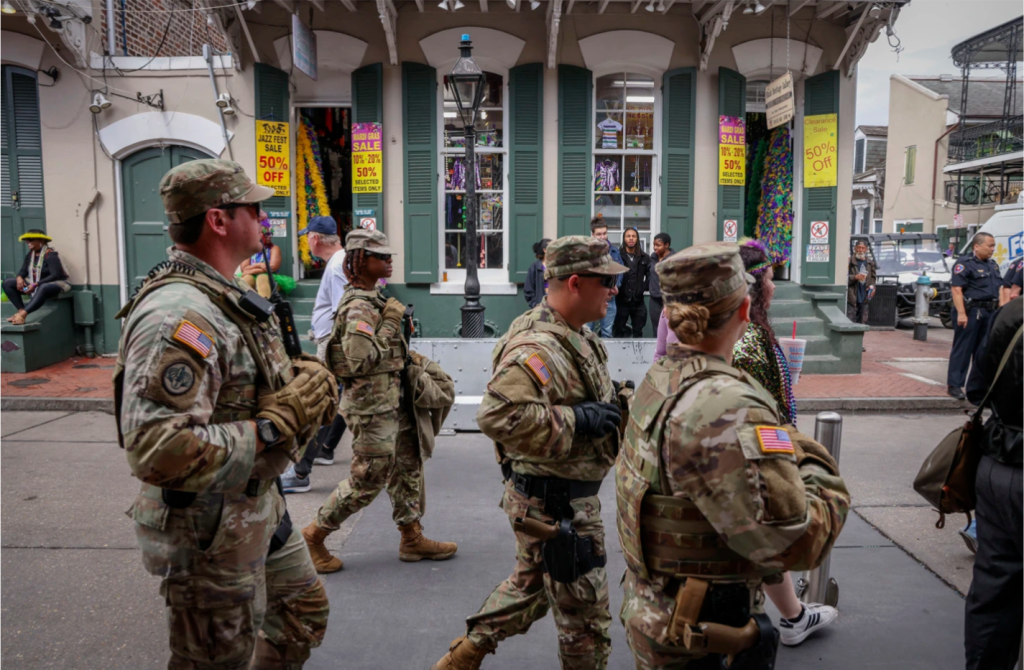(ThySistas.com) My daughter was given the assignment to write about an experience when she felt like “a stranger in the village.” Try as she might, she really struggled to find a time, good or bad, when she didn’t feel as though she belonged there. Quietly, I was rather proud that in spite of everything we have been through, there are some experiences that I have protected her from. So I decided to tell her a story…
In 1982, I went to a private school not very far from where we live now. I was one of about seven students of color in the entire school but my parents thought that because it was a Christian school, I would be safe while getting what they hoped was a better education. It was homecoming week and a week of fun had been planned for the entire student body. I remember us all having to gather in the gym for something called “slave day.” Everyone was excited as they told me about how fun it was going to be. So far, the school year hadn’t been very fun so I found myself getting excited with my friends as we put our books into our lockers and rushed to get the best seats for the event.

I was surprised by how much emotion was still attached to the memory of what I found myself having to describe to my youngest child. I forced myself to sit very still in this memory as I described a scene where the upperclassmen actually “bid” on freshmen to become their “slaves” for the day and do seemingly harmless things like carrying books or getting the lunches for those who were considered to be their “masters.” I suddenly remembered how very alone I felt and more importantly, how suddenly conspicuous I felt as every eye in the room waited for my reaction. But I knew better than to let my face look like I was feeling anything other than ignorant, youthful jubilation because sometimes, being the “stranger in the village” is the most dangerous thing to be. But after a few minutes of existing in this surreal moment, cognitive dissonance began to take hold and I wondered how could I not be having fun? Everyone around me seemed to be having one of the BEST days of their lives. So I smiled and tried very hard to not be noticed so that no one would attempt to purchase me.
That night, I went home and told my parents about it. They were so angry and so offended that they called the school to set up a meeting for the very next day. The next day, I, my dad, and the pastor of our church all went and sat down in the principal’s office and began to describe how “slave day” made us feel ESPECIALLY having to experience it while being black people. After the principal listened politely to my dad and pastor expressing their anger and indignation over the entire matter, he turned to me, who was about fifteen years old at the time and said, “But Lisa, I saw you during the assembly. You seemed to be having so much fun!” Even after listening to two educated, articulate black men describing how hurtful and offensive the situation was and further, seeing their humiliation as they provided the historical references to support and justify their feelings, even after all of that, I, the fifteen-year-old was made to feel ashamed for having NOT created a scene at the assembly the previous day.
I already knew that I was the “stranger in the village” and to create a scene-even this private scene in the principal’s office- was to take huge risks with the fragile friendships I had been trying to develop and my already difficult time at this expensive, private school. All I really remember happening is that I was suddenly so shameful and so very sorry for having created issues where innocent, white students were only trying to have fun. I was sorry for telling my dad. I was sorry for smiling during the slave auction instead of standing up and yelling something like, “Black Power!” I was sorry that I and my dad had to work at the school over the summer to help offset the cost of my tuition. I was sorry that I obviously didn’t know how to appreciate this special tradition in this fine, upstanding school. I was just plain sorry that my stupid, black self stubbornly continued to breathe in that small office while having the audacity to make these people confront their own abominable beliefs and behaviors.
Nothing really remarkable happened after that day. My grades dropped and I began to act out in ways that would explain why I wasn’t invited to the parties or why I always sat alone at lunch. In the end, I made it easy for my father to say that he could no longer justify the expense of sending me to a private school. By all accounts, it appeared as though I didn’t care anyway.
That was thirty-nine years ago. But while telling this story and thinking of the more recent history in this country, it felt like it could have happened just yesterday. I looked at my daughter’s look of incredulous shock and wondered if she is too protected? Had I, through my own personal lens of trauma, been too protective and too willing to fling my own body between her and the bad things in the world? Had my hyper-vigilance insulated her from the reality of the life that is waiting for her after she leaves our home? Had I crossed the line and become responsible for creating a generation of beautiful, brown, privileged children that had lost the memory of life before the cul de sac in suburbia?
I want to believe that I saved her from some needless sufferings that are only found in the neglected squalor of poverty and ignorance. There are some things we learned in those spaces and places that we would have been just fine never knowing about. I want to believe that even if she can’t see or appreciate it now, I want to believe that I spent my life creating landscapes that feed every sense my children are born with. Wherever their eyes look in my home, they will see the beauty of their own images and the art created by their own hands. Their ears rarely hear the mindless droning of unwatched televisions telling stories of slavery and lynchings and pipelines from pre-schools to prisons. My children know what souls on fire look like and what minds set free sound like. My husband and I create the narratives in our home and I want to believe that a life of love and protection and education-instead of indoctrination- will prepare my children for greatness just as well as my white neighbor’s children’s lives have been-if not better.
I won’t ever allow my children to be or believe that they are the “stranger(s) in the village.” And because of that knowledge, they will be responsible for creating new villages where the original wounds of hatred, envy, and racism will not be allowed to fester and flourish while people clasp hands and sing, “We Shall Overcome!” while carefully pretending to not see the rotting flesh that they are standing on. No…not on my watch.
“…your kingdom come, your will be done, on earth as it is in heaven.” Matt 6: 10
There will be no strangers in heaven…
Staff Writer; Lisa R. Partee (a.k.a Ruby TruthSeeker)
One can also follow this sister over at Facebook; IdoWordz2, LinkedIn; Lisa Partee and lastlyInstagram; IAmRubyT.










Leave a Reply